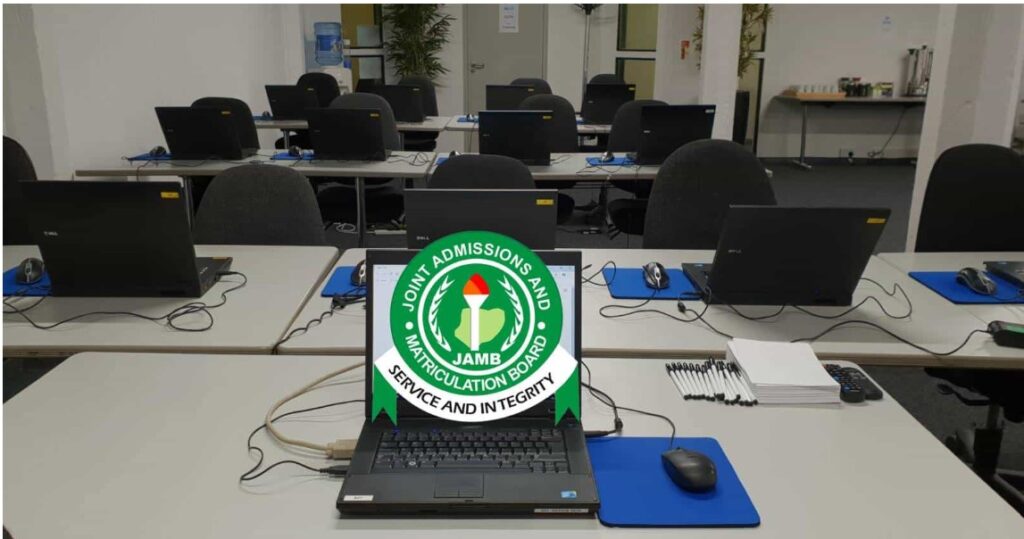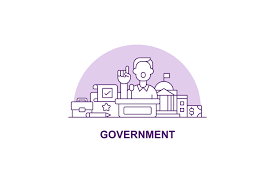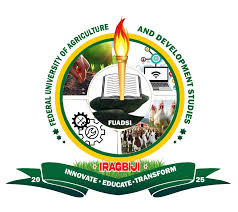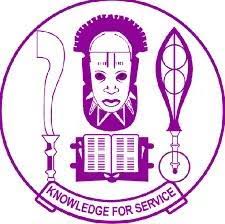
Scholarships are a gateway to world-class education, global exposure, and career opportunities. They provide financial support to study locally or abroad, making higher education accessible to students who might otherwise struggle to afford it. However, scholarship applications are highly competitive, and many deserving students lose out simply because of avoidable mistakes.
In this guide, we’ll highlight the top 5 mistakes to avoid when applying for scholarships and provide actionable tips to help you increase your chances of success in 2025.
Why Avoiding Mistakes is Crucial
Scholarship committees receive hundreds or even thousands of applications. A single oversight can make your application stand out for the wrong reasons. Avoiding common mistakes ensures that your application is professional, complete, and compelling, giving you a better shot at winning funding.
Mistake 1: Missing Deadlines
One of the most common reasons students lose scholarships is missing deadlines. No matter how strong your application is, submitting late automatically disqualifies you.
Tips to Avoid Missing Deadlines:
- Create a scholarship calendar with all deadlines and requirements.
- Start applications at least 2–3 months in advance.
- Set reminders a week before each deadline.
- Regularly check the scholarship website for updates.
Mistake 2: Ignoring Eligibility Requirements
Many students apply for scholarships without carefully reviewing eligibility criteria. Applying for a scholarship you don’t qualify for wastes time and may affect your credibility with scholarship providers.
Common Eligibility Oversights:
- Age restrictions
- Minimum GPA or academic performance
- Required work experience
- Language proficiency (IELTS, TOEFL, Duolingo)
- Specific field of study or nationality restrictions
Tips to Avoid Eligibility Mistakes:
- Carefully read the full scholarship guidelines.
- Make a checklist of eligibility requirements and cross-check your qualifications.
- If unsure, contact the scholarship provider before applying.
Mistake 3: Weak or Generic Personal Statements
Your personal statement or motivation letter is one of the most critical components of your scholarship application. Submitting a weak, generic, or plagiarized statement can significantly reduce your chances of success.
Tips for Writing a Strong Personal Statement:
- Clearly explain why you deserve the scholarship.
- Highlight your academic achievements, leadership skills, and community involvement.
- Show your career goals and how the scholarship aligns with them.
- Keep it unique, honest, and concise.
- Avoid copying examples from the internet—scholarship committees can detect plagiarism.
Mistake 4: Poorly Prepared Supporting Documents
Many students fail to pay attention to the quality of their supporting documents. Incomplete or unprofessional documents can make a great applicant appear careless.
Key Documents to Prepare:
- Academic transcripts and certificates
- Letters of recommendation from teachers, professors, or employers
- Language proficiency test results
- Research proposals (for postgraduate programs)
- Proof of extracurricular activities or community service
Tips to Avoid Document Mistakes:
- Always proofread documents for errors and formatting issues.
- Follow scholarship-specific guidelines for document submission.
- Ask recommenders to write personalized letters highlighting your strengths.
- Organize documents clearly to make it easy for reviewers to navigate your application.
Mistake 5: Not Applying to Multiple Scholarships
Many students rely on a single scholarship, hoping it will cover their study abroad expenses. This approach is risky because scholarships are highly competitive, and rejection is common.
Tips to Maximize Your Chances:
- Apply to 5–10 scholarships simultaneously to increase your chances.
- Diversify by including merit-based, need-based, and university-specific scholarships.
- Keep track of all applications to avoid missing deadlines or duplicating effort.
- Learn from feedback if a scholarship rejects your application and improve future submissions.
Bonus Tips for a Successful Scholarship Application
- Start Early: Give yourself enough time to research, prepare documents, and refine your application.
- Tailor Each Application: Customize personal statements and supporting documents to match the scholarship’s goals.
- Seek Feedback: Ask mentors, teachers, or previous scholarship recipients to review your application.
- Be Honest: Never exaggerate your achievements—scholarship committees can verify information.
- Stay Organized: Use spreadsheets or apps to track deadlines, requirements, and submitted applications.
FAQs on Scholarship Applications
1. How early should I start applying for scholarships?
It’s best to start 9–12 months before your intended study start date to research scholarships, prepare documents, and refine your applications.
2. Can I apply for multiple scholarships at once?
Yes. Applying to multiple scholarships increases your chances of success. Make sure to tailor each application and avoid duplicating content.
3. What is the most common reason for scholarship rejection?
The most common reasons are missing deadlines, incomplete documents, weak personal statements, and failing to meet eligibility requirements.
4. How can I make my personal statement stand out?
Focus on your unique achievements, leadership experiences, and career goals. Clearly explain why you deserve the scholarship and how it aligns with your aspirations.
5. Should I apply if my GPA is not very high?
Yes. While merit-based scholarships consider GPA, need-based, destination-specific, or university-specific scholarships may focus on other qualities like leadership, community service, or research potential.
Conclusion
Applying for scholarships is a competitive but rewarding process. Avoiding the common mistakes of missing deadlines, ignoring eligibility, submitting weak personal statements, poorly prepared documents, and relying on a single scholarship can significantly increase your chances of success.
By planning early, staying organized, and putting effort into each application, you can secure scholarships that open doors to world-class education and global opportunities in 2025 and beyond.





![FUTES-IYIN Cut Off Mark 2025/2026 is Out [All Courses] FUTES-IYIN Cut Off Mark 2025/2026 is Out [All Courses]](https://myeduplug.com/wp-content/uploads/2025/10/FUTES-IYIN-4.jpeg)
![FUADSI Cut Off Mark 2025/2026 is Out [All Courses] FUADSI Cut Off Mark 2025/2026 is Out [All Courses]](https://myeduplug.com/wp-content/uploads/2025/10/FUADSI-2.jpeg)
![BUK Cut Off Mark 2025/2026 [All Courses] BUK Cut Off Mark 2025/2026 [All Courses]](https://myeduplug.com/wp-content/uploads/2025/01/BUK.jpeg)
![UNIMAID Cut Off Mark 2025/2026 [All Courses] UNIMAID Cut Off Mark 2025/2026 [All Courses]](https://myeduplug.com/wp-content/uploads/2025/01/UNIMAID-1.jpeg)









